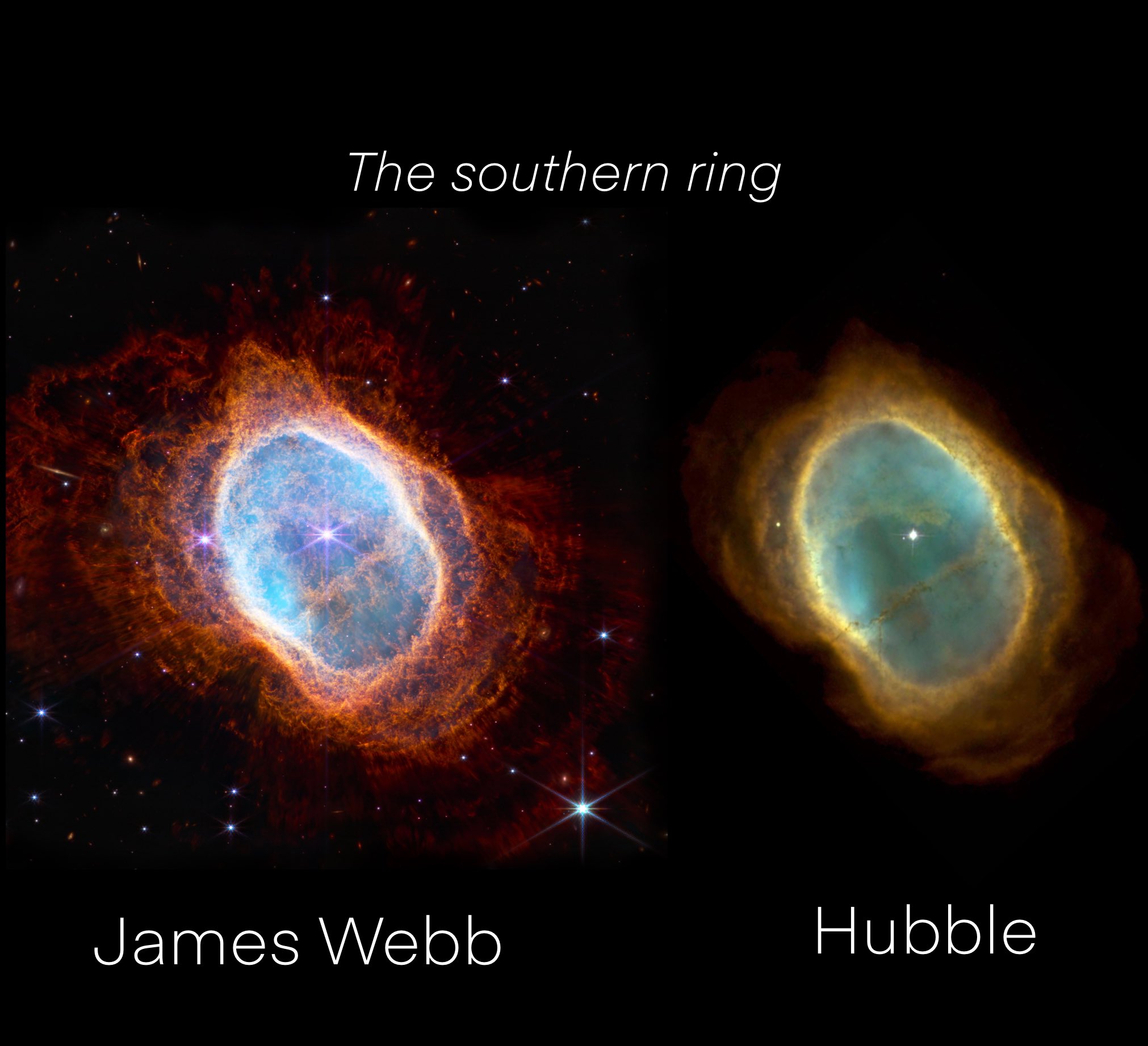Hurtful. My life matters. My lived experience matters.


as a catholic you should know that belief in christ is not sufficient to get into heaven. sola fide is a protestant/lutheran-reformist concept. you need good works to get into the blinged out catholic VIP members' lounge. and fornicating with low-IQ substitute teachers are not good works, my friend.SuperJail Warden wrote:
I am going to heaven. I believe in Christ our lord and savior.


It's huge progress, and in my lifetime. It's stunning to think that in the 80s I was looking at a lot of artists' depictions of stuff mixed in with older photographs, and descriptions of the solar system in terms of confident finality when we're still discovering and naming dwarf planets here.uziq wrote:
it took us until very recently to even get that sort of detailed information about, say, the moons of jupiter, like the galilean moons, using physical probes. it's going to blow the doors wide open.

Its not too late to retrain as a STEM person, you could be worshipped as a god, I enjoy it.uziq wrote:
hubble was definitely a paradigm leap, but JWST is just leagues ahead on so many fronts beyond basic optics/range.
JWST's research projects are firmly part of the AI/machine-learning era. there have been several massive all-sky or similar surveys undertaken in the last 20-30 years, e.g. sloan digital sky survey, the gaia survey, etc, that has fetched data on billions of galaxies. using cutting-edge AI algorithms we are able to find interesting candidates, e.g. of gravitational lensing or potential quasars, etc, to generate shortlists of targets for JWST's 'shotgun mic' option. a lot of research into quasars or exoplanets before AI and big data, using teams of human researchers with primitive technology like radio arrays on earth, made the mostly manual search for space objects a bit like fishing for samples in the pacific ocean using a thimble.
ditto for exoplanets, which is where JWST is really going to deliver. massive projects like TESS, the transiting exoplanet survey satellite, have been generating shortlists of potential systems with exoplanets in them. JWST will, for the first time, be able to zoom-in to these planets at an unbelievable level of detail, so that we can confirm suppositions about the chemical signatures of planetary atmospheres for the first time with high-quality data. exoplanetary research is one of the current forefronts of astrophysics, a very young field comparatively speaking. we've only found about 5k exoplanets in the milky way and a handful of 'extragalactic' exoplanets. JWST is going to be a huge boon to that research.
pretty sure in the next few weeks a lot of papers are going to be published identifying faraway exoplanets with confirmed water signatures, if not even potential markers of biological processes. on planets potentially even in other galaxies. it took us until very recently to even get that sort of detailed information about, say, the moons of jupiter, like the galilean moons, using physical probes. it's going to blow the doors wide open.
For real, which side of the sidewalk are you supposed to walk down here? In the US it's walking on the far-right (relative to your direction of course) and passing just to the left of walkers in the middle of the sidewalk.pirana6 wrote:
Work is flying me to our London office in July/Aug. Will be the first time I've left the country since the virus.
I haven't been since 2004 but when I was there I did quite a bit of touristy stuff so this time I want to do the less-traveled touristy stuff but also just eat a bunch of food




